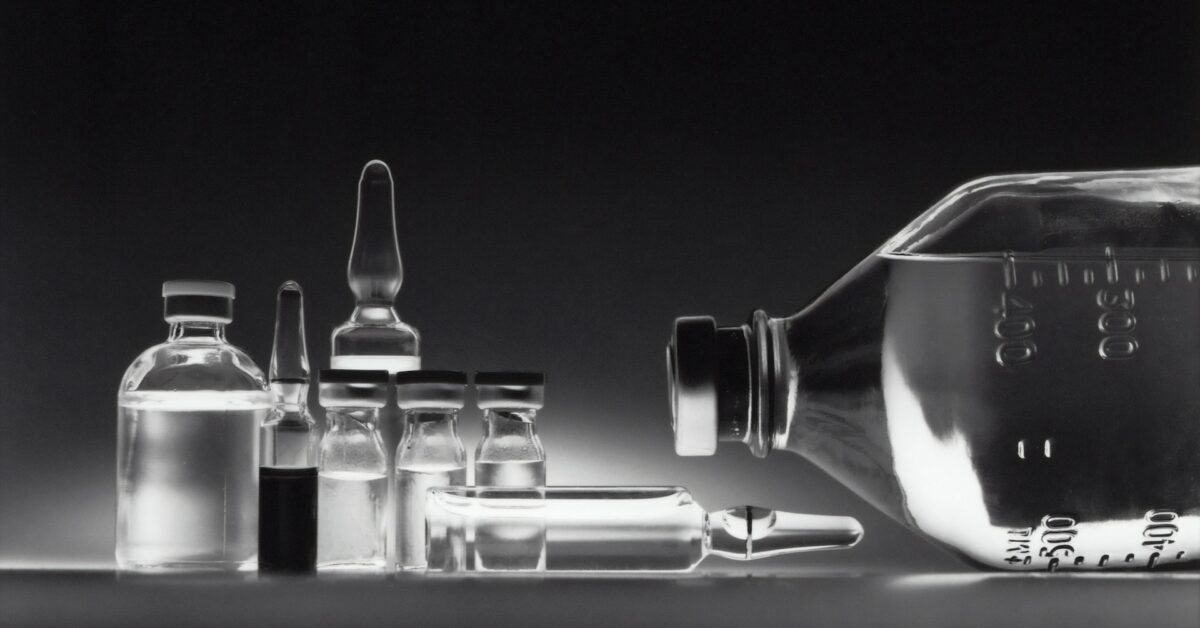Welcome to our blog, where we dive into the fascinating world of pharmaceutical manufacturing and uncover the pillars that uphold its integrity – quality assurance. In this post, we’ll explore why stringent rules are not just essential but imperative to ensure the safety, efficacy, and reliability of every medication on the market today.
So, buckle up as we peel back the layers of this crucial process and discover how it safeguards both patients’ lives and trust in the industry.
Contents
The Pillars of Quality Assurance in Pharmaceutical Manufacturing
The main pillars of quality assurance in pharmaceutical manufacturing are:
1) Good Manufacturing Practices (GMPs): GMPs are a set of guidelines that detail the standards that must be met in order to produce safe and high-quality pharmaceutical products. All companies that manufacture pharmaceuticals must comply with GMPs.
2) Quality Control (QC): QC is a process that is used to monitor and improve the quality of pharmaceutical products. QC testing is performed at various stages throughout the manufacturing process to ensure that the product meets all quality standards.
3) Validation: Validation is the process of verifying that a particular process or system produces consistent results. In the context of pharmaceutical manufacturing, validation is used to confirm that the manufacturing process can consistently produce safe and effective products.
4) Change Control: Change control is a process that is used to manage changes to the manufacturing process. Changes to the process can be made for a variety of reasons, such as improving safety or efficacy, or accommodating new raw materials. Any change to the manufacturing process must be carefully evaluated and approved before being implemented.
5) Documentation: Documentation is an important part of quality assurance in pharmaceutical manufacturing.
Advantages of Following Stringent Regulations
There are many advantages to following stringent regulations in pharmaceutical manufacturing. Perhaps the most important advantage is that it helps to ensure the quality of the drugs that are produced. By adhering to strict rules and guidelines, manufacturers can help to ensure that their products meet all of the necessary safety and quality standards.
In addition, following stringent regulations can also help to build trust with consumers. Another advantage of following stringent regulations is that it can help protect the reputation of the company. If a company is found to be producing subpar products or failing to meet safety standards, it could damage its reputation irreparably. Following strict rules and guidelines can help avoid such disasters and keep a company’s good name intact.
Common Challenges Faced in Implementing Quality Assurance
There are a number of common challenges faced when implementing quality assurance in the pharmaceutical manufacturing process. One of the most significant challenges is ensuring that all members of the manufacturing team are trained in and adhere to the strict quality standards. This can be a challenge due to the complex nature of the manufacturing process and the need for close attention to detail at every stage.
Another common challenge is maintaining consistent quality standards across different batches of products. This is often difficult due to slight variations in ingredients or other factors that can impact the quality of the finished product. It is important to have strict quality control measures in place to ensure that each batch meets the required standards before it is shipped to customers. A high-speed GigE Vision Camera can monitor and inspect products quickly and effectively, pair these with the right QA software and you’ll be able to reliably assess whether the batch of medication is suitable and safe for consumption. Using these cameras also speeds up the process as they can check products at a much faster rate than the human eye.
Another common challenge faced in implementing quality assurance is dealing with customer complaints or recalls. While it is impossible to completely eliminate all risks, having a robust quality assurance system in place can help to minimize these issues and protect your reputation as a manufacturer.
The Impact of Quality Assurance on the Pharmaceutical Industry
The pharmaceutical industry is one of the most heavily regulated industries in the world. In order to ensure that patients receive safe and effective medications, strict quality assurance rules have been put in place. Quality assurance is the process of ensuring that a product or service meets certain quality standards.
In the pharmaceutical industry, quality assurance is essential in ensuring that medications are manufactured safely and effectively. Pharmaceutical companies must adhere to Good Manufacturing Practices (GMPs), which are a set of guidelines that govern how medications are produced. GMPs are designed to ensure that medications are manufactured under controlled conditions, using quality ingredients and following proper procedures.
Adhering to GMPs can be costly for pharmaceutical companies, as it requires investing in high-quality ingredients, equipment, and facilities. However, these costs are necessary to ensure patient safety and medication efficacy. Additionally, quality assurance helps to protect against potential liability issues.
Quality assurance is an important part of the pharmaceutical manufacturing process and plays a vital role in ensuring patient safety.
Conclusion
By following these stringent rules, pharmaceutical companies can guarantee that their customers receive safe and effective treatments, thereby protecting public health. As such, it is important for all stakeholders involved in drug manufacturing to understand the importance of quality assurance and its impact on product safety and efficacy.

